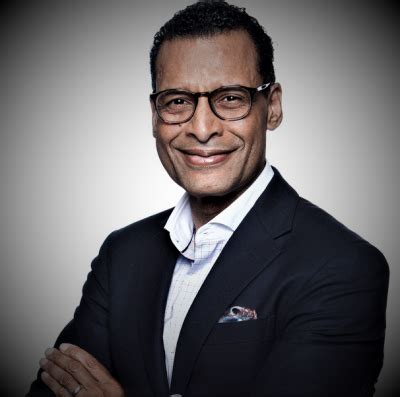A Quote by W. E. B. Du Bois
Oppression costs the oppressor too much if the oppressed stands up and protests. The protest need not be merely physical-the throwing of stones and bullets-if it is mental, spiritual; if it expresses itself in silent, persistent dissatisfaction, the cost to the oppressor is terrific.
Related Quotes
There is such a thing as the freedom of exhaustion. Some people are so worn down by the yoke of oppression that they give up. [...] The oppressed must never allow the conscience of the oppressor to slumber. [...] To accept injustice or segregation passively is to say to the oppressor that his actions are morally right.
It is the obligation of every person who claims to oppose oppression to resist the oppressor by every means at his or her disposal. Not to engage in physical resistance, armed resistance to oppression, is to serve the interests of the oppressor; no more, no less. There are no exceptions to the rule, no easy out.
It would be hard to find a single example in history in which a group that cast more than 50 percent of the vote got away with calling itself the victim... Women are the only 'oppressed' group to share the same parents as the 'oppressor'; to be born into the middle class and upper class as frequently as the 'oppressor'; to own more of the culture's luxury items than the 'oppressor'.
Genocide has two phases: one, destruction of the national pattern of the oppressed group; the other, the imposition of the national pattern of the oppressor. This imposition, in turn, may be made upon the oppressed population which is allowed to remain or upon the territory alone, after removal of the population and the colonization by the oppressor's own nationals.
How can the oppressed, as divided, unauthentic beings, participate in developing the pedagogy of their liberation? Only as they discover themselves to be 'hosts' of the oppressor can they contribute to the midwifery of their liberating pedagogy. As long as they live in the duality in which to be is to be like and to be like is to be like the oppressor, this contribution is impossible. The pedagogy of the oppressed is an instrument for their critical discovery that both they and their oppressors are manifestations of dehumanization.




































